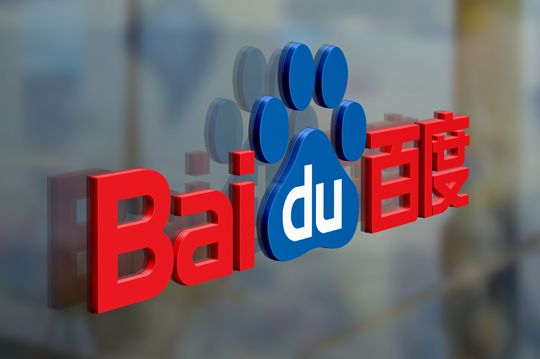The Rise of Niche Markets and Brand Differentiation Strategies
While search volume for most HR keywords has plummeted, “pharmaceutical headhunting” shows remarkable growth against this trend, revealing a deeper shift: highly specialized niche markets are emerging as the new blue ocean. This phenomenon stems from intensifying talent competition in the pharmaceutical industry and stricter regulatory policies creating more precise recruitment demands. Baidu’s failure to effectively capture this demand highlights the limitations of general search engines in specialized sectors.

Baidu hasn’t stopped investing in technology. Its Wenxin large language model has seen daily API calls surge from 50 million to 1.5 billion (2024 data), and the company launched the world’s first native multimodal large model 4.5, with inference costs at just 1% of GPT-4.5. However, technical advantages must align with practical applications. For instance, pharmaceutical companies prioritize compliant hiring and cross-border talent management, but while Baidu offers AI customer service systems (as seen in their partnership with Yum China), they haven’t yet developed customized recruitment solutions for the pharmaceutical industry.
For multinational corporations, this shift offers crucial insights: rather than relying on a single platform, companies should actively position themselves in niche markets. In the pharmaceutical sector, companies could partner with DXY (Dingxianghua) or medical professional communities to publish industry salary reports or talent flow trend analyses to attract precisely targeted audiences. Additionally, data-driven personalized services will be key—by analyzing target users’ search preferences and behavioral patterns, companies can customize content strategies, such as creating “compliant recruitment guides” for pharmaceutical firms or “cross-border talent management solutions” for the financial sector.
Baidu’s challenges reflect broader market fragmentation. In his company-wide letter, Li Yanhong emphasized that AI applications will experience explosive growth in 2025, though a “super application” has yet to emerge. Companies seeking breakthrough should adopt “specialization” as their core strategy. For example, Baidu attempts to expand its ecosystem influence through open-source initiatives, and businesses can follow this approach by sharing industry data or tools (such as talent matching algorithms) to build ecosystems with vertical platforms, creating differentiated competitive advantages.
In conclusion, the decline of search engines and the rise of niche markets fundamentally represent user demands shifting from “generalization” to “precision.” Companies need to leverage technological capabilities (like AI tools) and industry insights to build irreplaceable value chains in vertical domains rather than blindly chasing traffic dividends. Baidu’s transformation journey—from closed to open source, from technology development to ecosystem building—provides a reference for this strategy, though its success ultimately depends on genuinely embedding into specialized markets and fulfilling users’ deeper needs.
